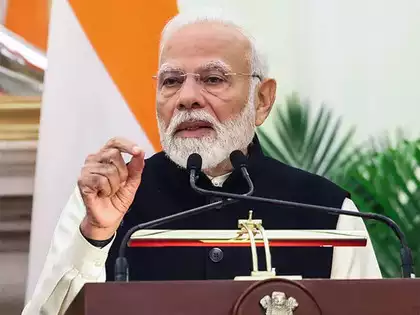







India and Pakistan Agree to Immediate Ceasefire Following Intense Border Clashes
On May 10, 2025, a significant de-escalation occurred between India and Pakistan as both nations agreed to a “full and immediate ceasefire,” following intense border clashes that had escalated into the most severe military conflict between the two countries in nearly three decades. The breakthrough was announced by former U.S. President Donald Trump, who confirmed that the United States had mediated the agreement after a prolonged night of negotiations involving U.S. officials and leaders from both nations .
Background of the Conflict
The recent hostilities were ignited by a terrorist attack on Hindu tourists in Indian-administered Kashmir on April 23, which resulted in the deaths of 26 civilians. India attributed the attack to militant groups supported by Pakistan, leading to a series of retaliatory actions. On May 7, India launched “Operation Sindoor,” targeting what it described as terrorist infrastructure in Pakistan. The operation involved 14 missile strikes across nine locations, including Bahawalpur .
Pakistan responded with “Operation Bunyan Ul Marsoos,” targeting Indian military assets, including a missile storage site and the Nur Khan air base near Islamabad. The escalation led to widespread panic, with Pakistan temporarily closing its airspace and significant disruptions to air travel in the region .
International Mediation and Ceasefire Agreement
The United States played a pivotal role in mediating the ceasefire. U.S. President Trump, alongside Vice President JD Vance and Secretary of State Marco Rubio, engaged in intensive diplomatic efforts to bring both nations to the negotiating table. The U.S. emphasized the importance of dialogue and restraint, urging both India and Pakistan to prioritize peace and stability in the region .
The ceasefire agreement includes provisions for further negotiations at a neutral location to address underlying issues and prevent future conflicts. Both countries have expressed a commitment to honoring the ceasefire and engaging in constructive dialogue moving forward.
Global Reactions and Implications
The international community has largely welcomed the ceasefire as a positive step toward regional stability. The United Nations and various countries have urged both India and Pakistan to build upon this agreement to foster long-term peace and cooperation. The United States, in particular, has commended both nations for their willingness to engage in dialogue and resolve their differences through peaceful means.
This development marks a significant turning point in the India-Pakistan relationship, offering hope for a reduction in tensions and the potential for a more stable and peaceful South Asia.













